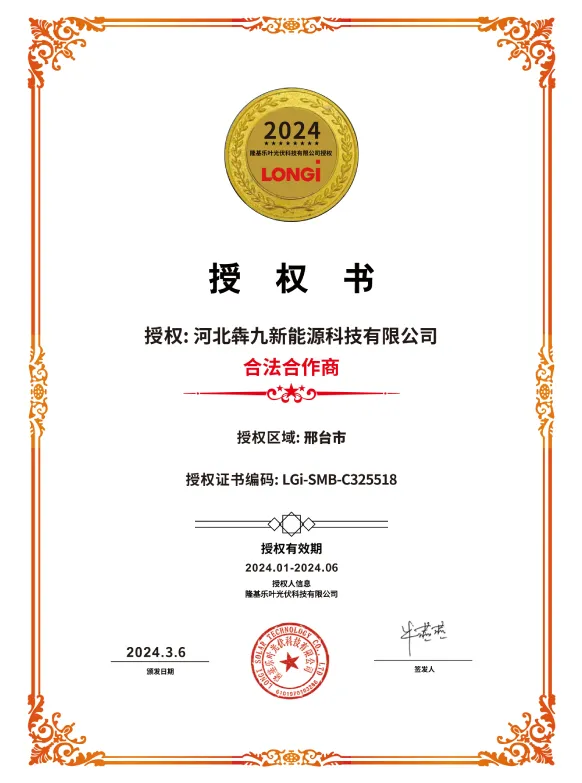Understanding the Expenses Involved in Solar Panel Care and Maintenance
Understanding Solar Panel Maintenance Costs
In recent years, solar energy has gained immense popularity as a sustainable and cost-effective alternative to traditional energy sources. As more homeowners and businesses invest in solar panels, understanding the maintenance costs associated with these systems has become paramount. While solar panels generally require very little upkeep, it is essential to be aware of potential expenses to maximize efficiency and ensure longevity.
Initial Installation Costs
Before delving into maintenance costs, it's important to briefly address the initial investment in solar panels. The average price of installing solar panels can range from $15,000 to $30,000, depending on factors like system size, location, and type of panels. This upfront cost may seem substantial, but many homeowners find that the long-term savings on energy bills justify the expense.
Routine Maintenance
The good news for solar panel owners is that solar systems typically demand minimal maintenance. In fact, many manufacturers recommend cleaning the panels two to four times a year to prevent dirt, debris, and bird droppings from accumulating, which can hinder efficiency. If the location of the panels is prone to heavy dust or if there are nearby trees, more frequent cleanings may be advisable.
The cost of cleaning solar panels can vary but generally ranges from $100 to $300, depending on the size and accessibility of the system. In some cases, homeowners may opt to clean the panels themselves using water and a soft brush, though professional cleaning is often recommended to avoid damage.
Inspection and Monitoring
To ensure optimal performance, regular inspections are essential. Many solar panel systems come equipped with monitoring systems that allow owners to track energy production in real time. If discrepancies arise—such as a significant drop in energy generation—prompt professional inspection is warranted. The cost of these inspections typically ranges from $150 to $300, depending on the complexity of the system and the service provider.
solar panel maintenance cost

During an inspection, technicians will examine the panels for damage, check the inverter's performance, and ensure wiring is intact. Affordability and frequency of inspections can also depend on warranty agreements, which may cover some costs associated with parts replacement or repairs.
Inverter Replacement
One of the most substantial maintenance costs linked to solar panels involves the inverter, which converts the direct current (DC) generated by the panels into alternating current (AC) used in homes. Inverters typically have a lifespan of about 5 to 10 years, and replacement costs can range from $1,000 to $3,000.
Considering this expense, it is crucial for solar panel owners to include inverter replacement in their long-term maintenance budgets. Additionally, opting for higher-quality inverters may result in better performance and longevity, ultimately reducing the frequency of replacements.
Other Potential Costs
Beyond cleaning, inspections, and inverter replacement, solar panel owners should also be aware of other potential maintenance costs. For example, repairs may be necessary due to weather-related damage, such as hail or heavy winds. Homeowners might also need to invest in landscaping to prevent shading from overgrown trees, which can significantly impact energy production.
Moreover, if the solar system is connected to the grid, potential fees for disconnecting or reconnecting may apply if modifications are necessary. Understanding local regulations and grid policies will help avoid unexpected costs.
Conclusion
In summary, while the initial investment in solar panels may seem daunting, the ongoing maintenance costs are generally low and manageable. By regularly cleaning the panels, conducting inspections, and planning for inverter replacements, solar panel owners can maintain optimal system performance and maximize their return on investment. With the right approach, the transition to solar energy can be both financially and environmentally beneficial for years to come.
-
Unlocking Energy Freedom with the Off Grid Solar InverterNewsJun.06,2025
-
Unlock More Solar Power with a High-Efficiency Bifacial Solar PanelNewsJun.06,2025
-
Power Your Future with High-Efficiency Monocrystalline Solar PanelsNewsJun.06,2025
-
Next-Gen Solar Power Starts with Micro Solar InvertersNewsJun.06,2025
-
Harnessing Peak Efficiency with the On Grid Solar InverterNewsJun.06,2025
-
Discover Unmatched Efficiency with the Latest String Solar InverterNewsJun.06,2025







